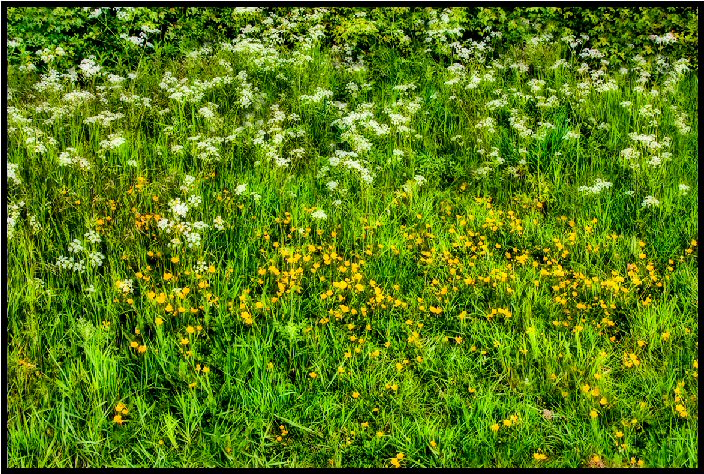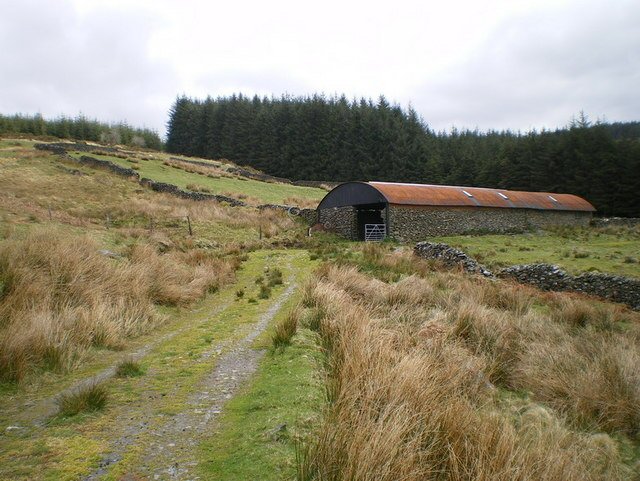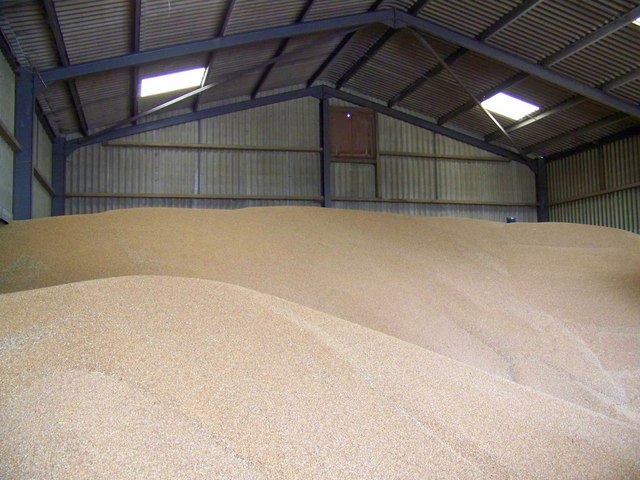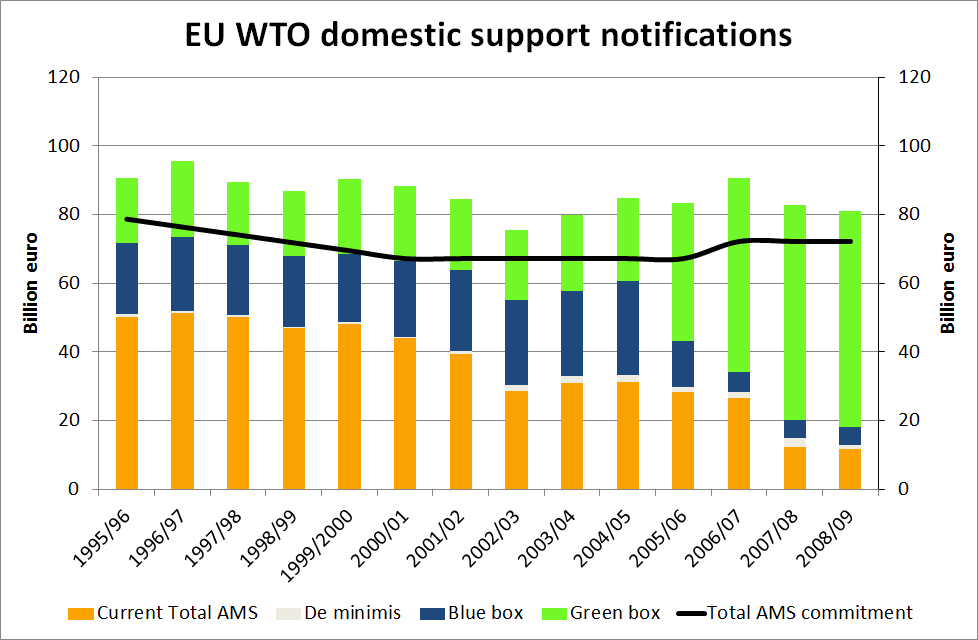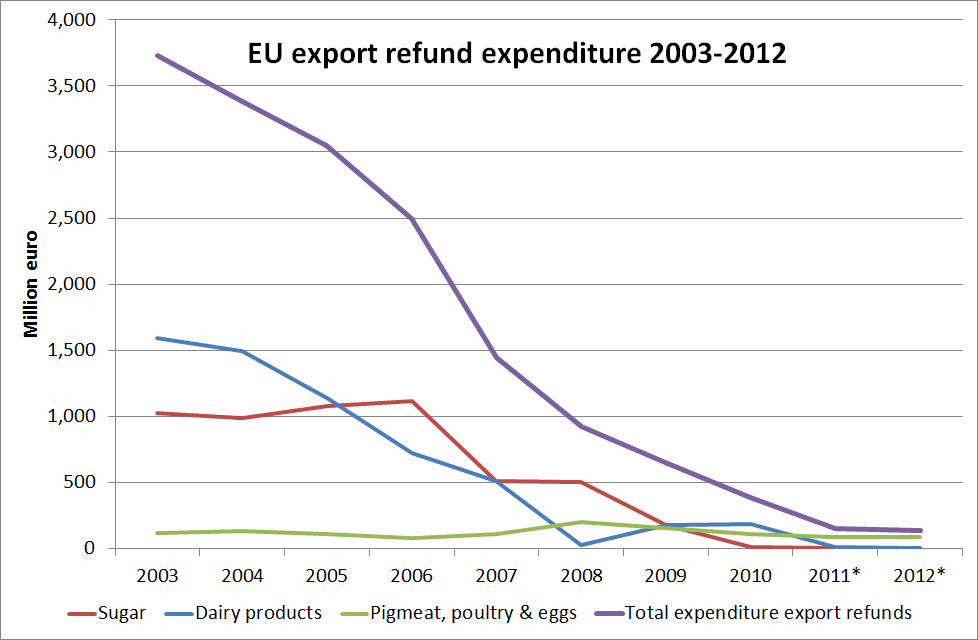This post reviews the state of play regarding the MFF (multi-annual financial framework) negotiations in relation to the CAP budget and review of the CAP regulations post-2013.
The MFF negotiations take place in the General Affairs Council (GAC) attended by member states’ European Ministers or Secretaries of State on the basis of a ‘negotiating box’ paper drawn up by the Danish Presidency. This paper outlines the main elements and options for the MFF negotiations. It is updated as the negotiations move forward, and forms the basis for an agreement of the European Council. Once an agreement is reached, its content feeds into the legislative work on the different acts.… Read the rest
Achieving green growth in EU agriculture
In one month’s time the Rio+20 international conference on sustainable development will take place with a focus on the ‘green economy’ and environmental governance. Green growth is the pursuit of economic growth and development, while preventing environmental degradation, biodiversity loss and unsustainable natural resource use.
The European Commission has launched several initiatives under the Europe 2020 strategy to boost the green economy. A key aspect of this strategy is the Roadmap for a resource-efficient Europe, which sets out a strategic framework for the efficient use of natural resources in Europe. Other initiatives include the OECD’s horizontal strategy for Green Growth, while the UNEP recently introduced its Green Economy Initiative.… Read the rest
Delivering environmental benefits through agri-environment schemes
The ‘big idea’ in the Commission’s legislative proposals for the reform of the CAP post-2013 is greening, to be implemented by requiring all farmers in receipt of the basic payment to adopt three measures – crop diversification, ecological focus areas and the maintenance of permanent pasture – as appropriate. While there is a broad acceptance that the CAP should focus more on environmental objectives, there is still huge debate on the size of this shift and on the efficacy and relevance of the Commission’s proposals.
One of the main criticisms from member states has been the inflexibility of the proposals which are designed in a ‘one size fits all’ manner (for example, see the recent speech by UK Minister Caroline Spelman on the Commission’s greening proposals).… Read the rest
The greying of Europe's farmers
Problems in the generational transfer of farms have been a focus of EU agricultural structures policy since the 1990s and in individual member states for an even longer period. Europe’s farmers are getting older, and the shortage of ‘new blood’ entering the industry is frequently seen as a problem requiring a policy response to correct.
The ageing of the agricultural population results from a combination of two things: a reduced rate of entry by new young recruits, and a reduced rate of retirement or exit by older farmers. This is taking place in the context of a long term reduction in the agricultural labour force in EU countries.… Read the rest
The greying of Europe’s farmers
Problems in the generational transfer of farms have been a focus of EU agricultural structures policy since the 1990s and in individual member states for an even longer period. Europe’s farmers are getting older, and the shortage of ‘new blood’ entering the industry is frequently seen as a problem requiring a policy response to correct.
The ageing of the agricultural population results from a combination of two things: a reduced rate of entry by new young recruits, and a reduced rate of retirement or exit by older farmers. This is taking place in the context of a long term reduction in the agricultural labour force in EU countries.… Read the rest
Court of Auditors wants clearer objectives for post-2013 CAP reform
The European Court of Auditors is best known as the watchdog of the reliability and legality of the EU’s accounts. In its special reports it often undertakes an assessment of specific areas of Union activity, and it has published various reviews of specific aspects of agricultural expenditure over the years.
It can also submit opinions at the request of one of the other institutions of the Union, and it has just released an opinion on the Commission’s legislative proposals for the CAP post-2013 announced in October 2011.
The opinion focuses on whether and to what extent the Commission’s legislative proposals remedy weaknesses already identified by the Court following its audits.… Read the rest
How the CAP contributes to world market food price volatility
The contribution of export bans to the world food price spike in 2008 is now well-established, particularly for commodities such as rice (for example, see Abbott, 2012 and Sharma, 2011). Martin and Anderson (2012) have calculated that over the 2005-2008 period more than 45 per cent of the explained change in the international price of rice was due to changes in border restrictions that countries used in an attempt to insulate themselves from the initial increases in price.
Countries resort to export bans in an attempt to keep down the price of food to domestic consumers. When undertaken by countries whose level of trade is big enough to influence the world market price, then an export ban also has ramifications for other countries.… Read the rest
Latest EU AMS notification confirms declining trend in WTO amber box support
The EU has just submitted its domestic support notification to the WTO for the year 2008/09 (hat tip to LB) and this year there are no surprises. Total support (using the WTO definition) was a shade over €80 billion, but the value of its trade-distorting support (the so-called ‘amber box’, given by its current total Aggregate Measure of Support) fell to its lowest level ever, at just under €12 billion.
In that year, the EU used just over 16% of its Total AMS commitment (its bound ceiling) of €72.2 billion. In other words, the EU could have reduced its AMS commitment by over 80% in that year and would still have fulfilled its WTO amber box obligation.… Read the rest
Are the CAP 2013 proposals a major reform?
The economist’s dilemma
Economists evaluating the Commission’s legislative proposals for the CAP post 2013 face a dilemma.
Economists work within a paradigm in which agriculture is an industry no different from any other, where markets by and large do a good job in allocating resources, and where the only justification for government intervention requires both the existence of market failures and demonstrating that governments have access to relevant information or resources which would allow them to address those market failures effectively.
This is an extremely powerful toolkit because it allows economists to distinguish between welfare-enhancing policy interventions and those which are largely about shifting resources and rents from one group to another (the distinction between PERTs and PESTs using Gordon Rausser’s terminology in his well-known 1982 AJAE paper).… Read the rest
End the use of export subsidies in the 2013 CAP review
A rather specific feature of the EU’s agricultural policy has been its use of export subsidies to maintain market prices on its domestic market in the past. While the EU was not the only country to make use of this policy mechanism, it accounted for around 90% of global expenditure on formal export subsidies (while arguing that other countries provide export support through more indirect means, such as through state monopoly marketing boards or through food aid).
EU use of export subsidies has fallen dramatically although they still have not disappeared. Total expenditure on export refunds fell from €3.8 billion in 2003 to a projected €139 million set aside in the EU’s draft 2012 budget (at their peak in the late 1980s and early 1990s, they amounted to €10 billion per year).… Read the rest

